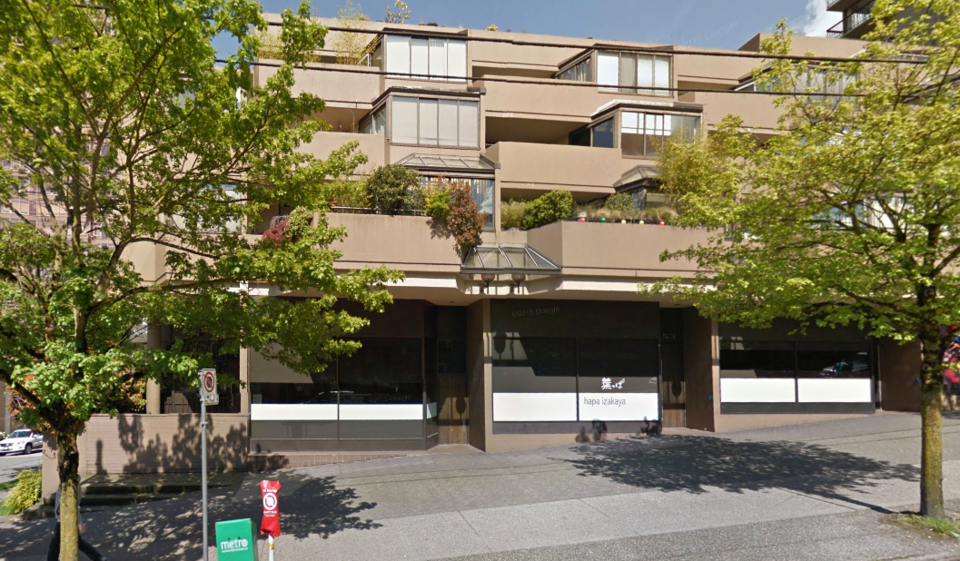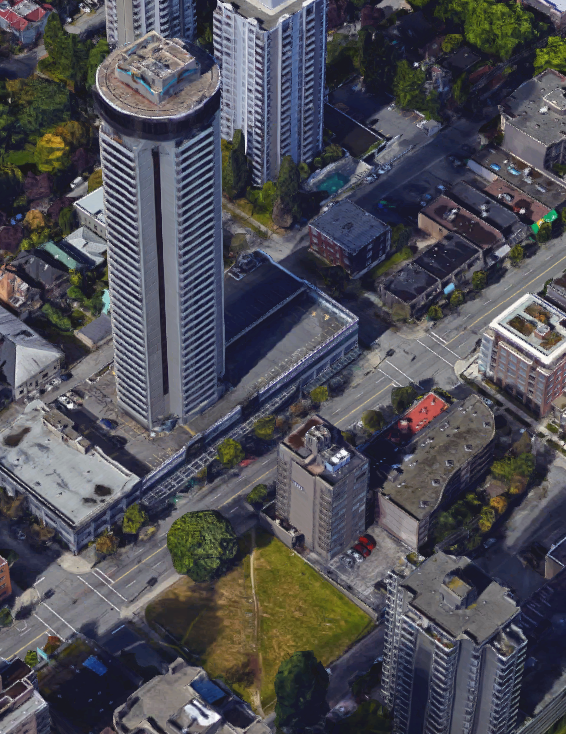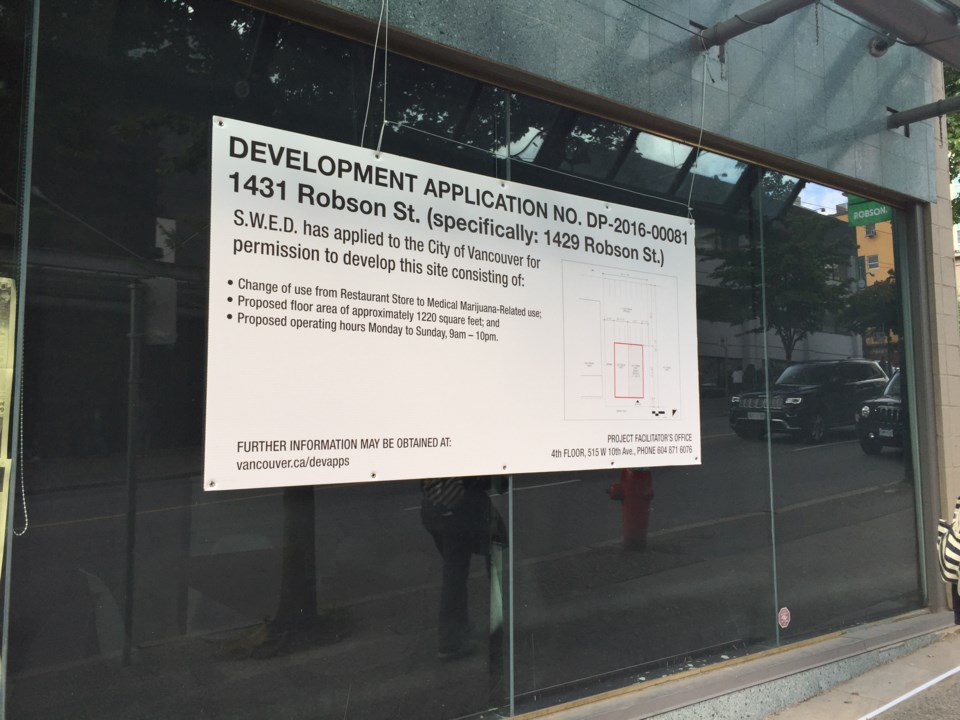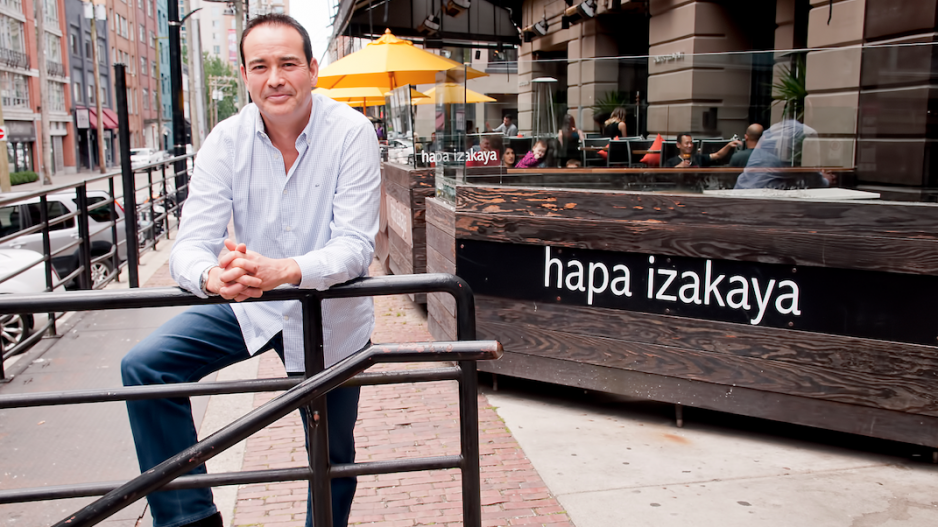This is Part Two of a two-part series on challenges to Vancouver restaurant owners thanks to rising rents and Vancouver real estate appreciation. Part One: Soaring Alberni rents squeezing out restaurants on Luxury Row
Some of Metro Vancouver’s largest restaurants have opened in recent years in marquee locations, such as at Telus Garden, Jack Poole Plaza and the Olympic Village.
Yet, while the owners of those restaurants tout the benefits of increased size, one recent restaurant closure highlights the danger small operators face when they expand too much in an off-peak location, where there is less foot traffic.
Justin Ault’s landlord had a bailiff change the locks on Ault’s 5,500-square-foot Hapa Izakaya at the corner of Robson and Nicola streets on June 7, after Ault failed to pay three months rent, or nearly $97,000.
“The problem was that it was too much space,” Ault told Business in Vancouver.
He still owns two profitable Hapa Izakaya restaurants: a 2,700-square-foot location on Hamilton Street in Yaletown and a 3,100-square-foot bistro on West Cordova Street in Coal Harbour.
“I told the landlord that unless you drop our rent, we can’t stay here.”
Ault had tried to sell the restaurant and the lease but found no one interested in paying the $199,000 asking price.
Hapa Izakaya was booming when Ault opened in an 1,800-square-foot unit on the site in 2003.
Two years later, he expanded to the adjacent 2,000-square-foot corner unit. But his decision to add another 1,700 square feet in 2009 by absorbing a third unit, to the east, made the venture unviable.
The 1455 Robson Street site, up the hill from other popular Japanese restaurants on Robson Street, was too far for some diners to trek.
What could have been the final nail in the Robson Street Hapa Izakaya’s coffin, however, was that an investor has been trying to buy the building that Ault was occupying.

(Hapa Izakaya operated at the corner of Robson and Nicola streets until it closed on June 7 | Google Street View)
Owners of the 45 condominiums above the site’s commercial space have been approached by two companies representing developers and have been offered money to sell their units, a representative of the condominium owners told BIV.
Optimum Realty representative Andrew Leung, who managed Ault’s Robson Street site on behalf of the landlord, confirmed to Business in Vancouver that the owner has had an offer to sell the four street-level strata retail units as part of that aggregation.
Ault being behind in his rent gave his landlord the opportunity to kick him out.

Had the rent been paid, the landlord would have had to provide an inducement for Ault to leave, given that Ault’s lease was not set to expire until mid-2019 and the agreement had no demolition clause.
The north side of the 1400-block of Robson Street also includes the Riviera Hotel and a grassy patch of land at the corner of Robson and Broughton streets, which has been vacant for decades.
(Image: The building that Hapa Izakaya occupied was across the street from the iconic Empire Landmark Hotel and is part of the block that includes a grassy patch of land on the corner and has the Riviera Hotel next door | Google Street View)
If a buyer acquires the building at the corner of Robson and Jervis streets, the rest of the block could be included in a future aggregation.
Meanwhile, as Ault reflects on the lesson not to expand too fast in a non-prime location, other restaurateurs say the operating efficiencies of an extra-large restaurant can deliver a significant payoff.

(Image: A current development application sign in the window of a street-front unit in the Riviera Hotel building would seem to imply that a block-wide strata aggregation is not currently in the works | Glen Korstrom)
Glowbal Group owner Emad Yacoub and Tap & Barrel owner Daniel Frankel told BIV that larger restaurants have lease rates based primarily on prime street-front square footage and that having deep restaurants or ones that have basements mean that they can get extra space for virtually nothing.
Indeed high rents, increased labour costs and city requirements that enable fewer washroom stalls per patron in larger restaurants have combined to fuel a trend toward entrepreneurs opening huge facilities. •
Part One of this series: Soaring Alberni rents squeeze restaurants along Luxury Row
(Above: Business in Vancouver reporter Tyler Orton interviews reporter Glen Korstrom about challenges facing Vancouver restaurant owners)




